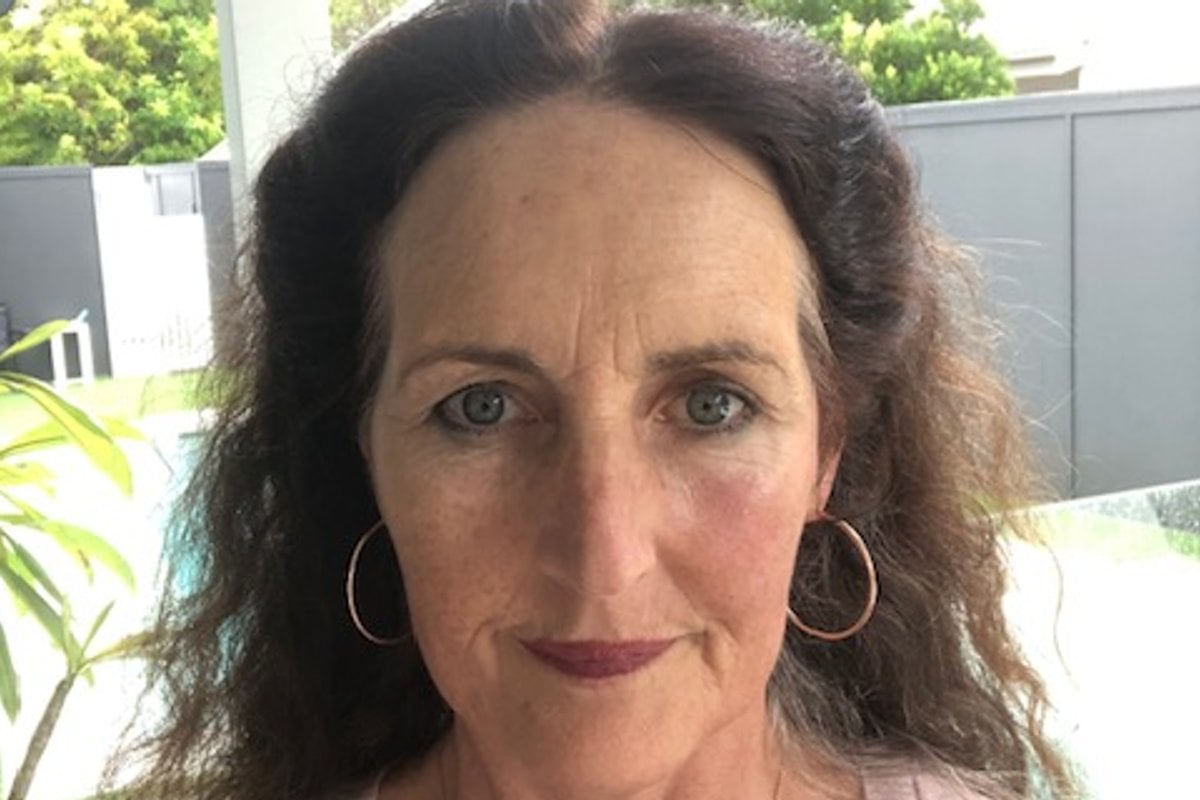
Gaslighting, love bombing, hoovering and scapegoating are familiar words that have become synonymous with toxic relationships. And it points to a growing epidemic that seriously impacts Australian women: narcissism.
We can have narcissistic parents, children, partners, friends, bosses or colleagues. Wherever they show up, there will be pain and hurt, confusion and despair.
As a psychotherapist at one of Australia's leading rehabilitation centres, I see firsthand the devastating impacts that a narcissist can leave on its victims. One of the most serious side-effects is people struggling with addiction.
What is a narcissist?
While the word is thrown around dangerously often, what many do not realise is that narcissism is actually a diagnosable mental health disorder. It is characterised by grandiosity, an aura of superiority, a lack of empathy and a preoccupation with power and a sense of their own importance. Narcissists are arrogant but don’t necessarily appear that way in the beginning.
Watch: Signs You’re Dating A Narcissist. Story continues after video.
It is widely regarded that narcissism stems from childhood trauma such as violence or rejection which means it is being handed down a family line. Children of narcissists are more likely to copy that behaviour and bring it into their own adulthood. While the behaviours of a diagnosed narcissist are particularly sinister, that person is also suffering greatly from a mental health condition.





























































































